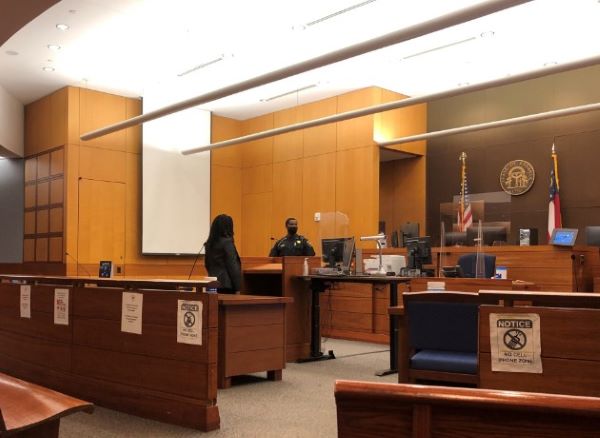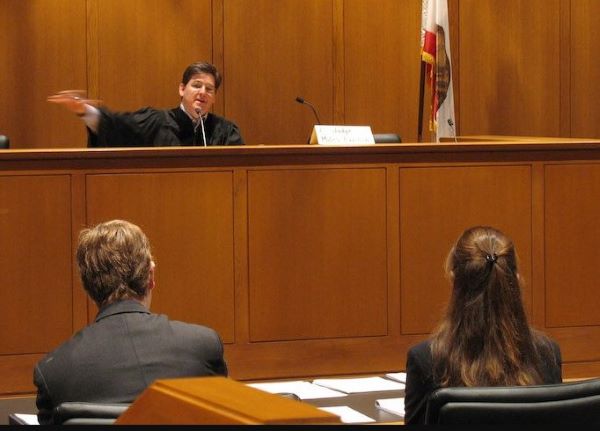If you’re facing allegations of a criminal charge, you must make your first court date to set the pretrial conditions and present before a judge. The most important decision you have to make as you prepare for your court appearance is whether or not to hire a lawyer. With your first court date determined, what can you do to prepare?
Since it is a critical moment for your case moving forward, you should have a lawyer to get you through the process. The legal expertise of a lawyer ensures that you can complete your first court date without a glitch.
Essential Tips for Your First Court Date
Consider these tips when preparing for your first court date to ensure that the rest of your case proceedings go as smoothly as possible.
Tip 1: Consult a Lawyer
Some legal articles will tell you you don’t need legal counsel when you make your first court date. Contrary to popular belief, you should work with a lawyer during this critical initial stage of your case.
Lawyers have spent much time in court and handled various first court date appearances with previous clients. Therefore, they are well-versed in the proceedings of legal matters, such as court appearances. They can guide you in navigating the procedure to ensure compliance and the protection of your constitutional rights.
When hiring a lawyer, choose someone with expertise in court appearances and criminal defense. Their knowledge of the inner workings of the court system will help ensure you have a solid legal representation and can take the best course of legal action about the matter.

Tip 2: Dress Professionally
During your first court date, you want to dress appropriately to show respect to the court. Be conservative in dressing and do your best to appear professional, although you don’t need to wear a suit. While your appearance will not directly impact your case, it shows you respect the court system and are willing to abide by the law.
Avoid wearing an outfit that draws attention to yourself. Instead, you want to maintain a low profile.
The last thing you want to do is for the judge to perceive you as someone who will repeat their offense as soon as they let you go.
Tip 3: Be On Time
Being on time for your first court date is another crucial tip you to follow if you want to show the court and the judge that you respect them. Ideally, it would be best to arrive before the court date schedule begins. The court system in NC operates on a first-come, first-serve basis since they handle many cases daily.
Therefore, arriving early allows the judge to handle your case sooner than everybody else. If you arrive late or don’t make it on time for your first court date, the judge could serve you a warrant for a no-show.
Tip 4: Be Courteous
Always show courtesy when in court for your case. Treat everyone with respect – from the clerk to the judge. Your behavior towards the court personnel can reflect on your case. You want to be on the judge’s and court’s good side.
Show your willingness to abide by the law and your sincerity in facing up to your criminal charges.
Tip 5: Stay Calm and Composed
Speak gently and politely when asked to make a statement before the judge. Never be rude or raise your voice, even if they discuss matters that you are falsely accused of. Never disrupt anyone who is speaking in court. Wait for the judge to ask you to speak before you do so.
Your attorney will be by your side during the first court date to guide you on how to act and when to speak. That is why it is crucial to have a lawyer to help you with your case to ensure that you are following the proper legal proceedings associated with your case.

Tip 6: Understand the Bail Rules and Conditions
The first court date is when the judge will discuss your pretrial conditions and the bail for your release. You must understand the conditions and rules that govern your release.
Again, a lawyer working with you can help ease this process as they will help you navigate the legal terms of posting bail. Your lawyer can also advise you on the conditions for your bail so as not to violate them.
Tip 7: Know Your Preliminary Plea
During your first court date, you are not required to submit a plea (guilty or not guilty) yet. But on some rare occasions, a judge will ask for a preliminary plea. You should discuss this with your lawyer to get guidance with your case moving forward.


